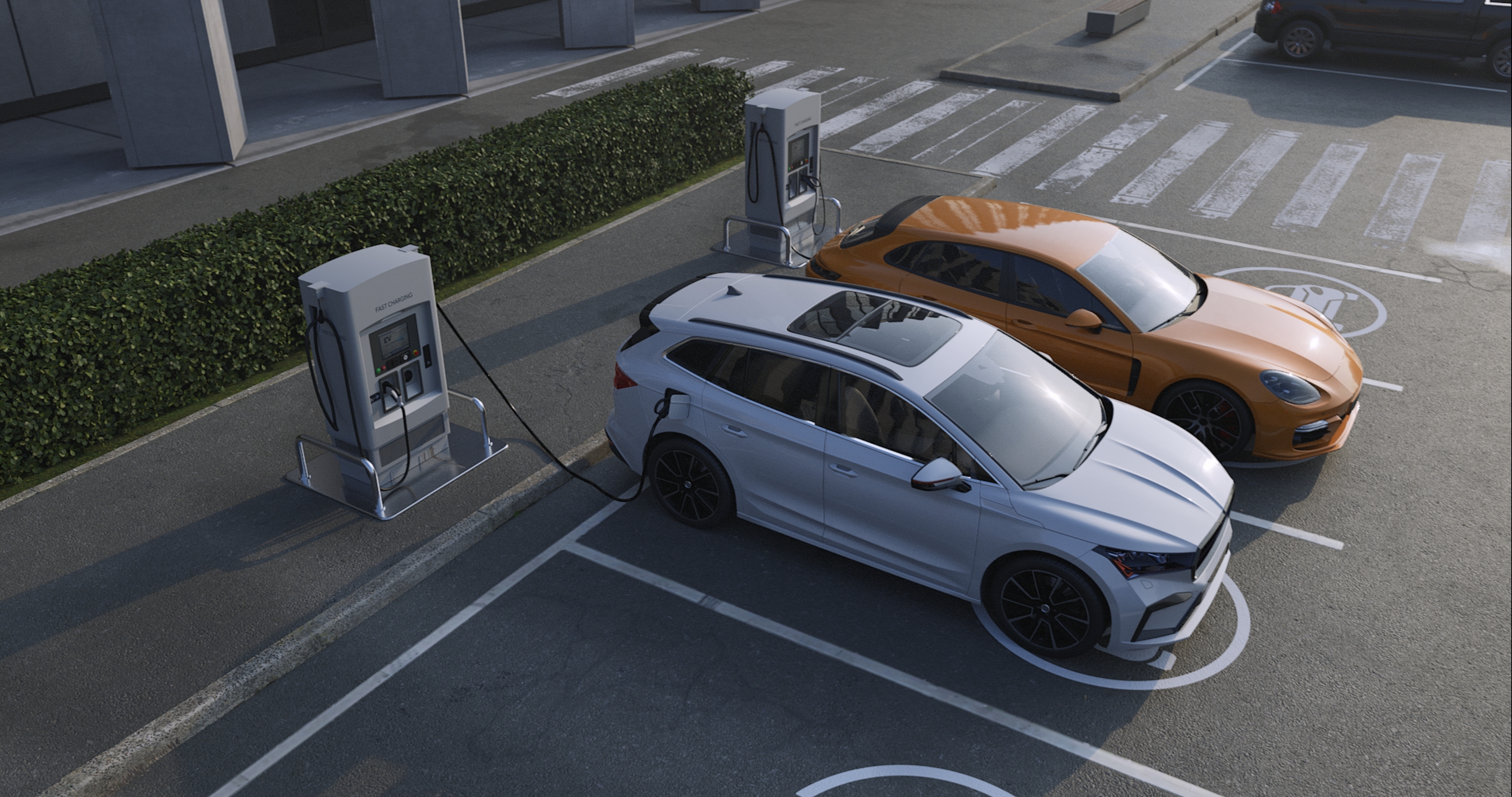Self-Charging Hybrid Cars of 2025: Efficiency Meets Convenience
Self-charging hybrid cars are a great option for drivers who want lower fuel costs without the need to plug in. These hybrids charge their batteries while driving, making them perfect for city traffic and long journeys. In 2025, carmakers have improved hybrid technology, offering better fuel efficiency and lower emissions. By reviewing the best self-charging hybrids in Britain, you can find a car that balances performance, comfort, and cost-effectiveness.

What are self-charging hybrid cars?
Self-charging hybrid cars, also known as full hybrids, combine a petrol engine with an electric motor and battery. Unlike plug-in hybrids, these vehicles generate their own electricity through regenerative braking and excess power from the petrol engine. This means drivers can enjoy improved fuel efficiency and reduced emissions without the need to manually charge the battery. The system seamlessly switches between electric and petrol power, optimizing performance and fuel consumption based on driving conditions.
How do self-charging hybrids compare to other car types?
When compared to conventional petrol or diesel vehicles, self-charging hybrids offer significantly better fuel economy and lower carbon emissions. While they may not provide the same level of electric-only range as plug-in hybrids or full electric vehicles, they offer greater flexibility and convenience. Self-charging hybrids are particularly well-suited for drivers who frequently travel in urban areas with stop-start traffic, as they can maximize electric power usage in these conditions.
Why choose a self-charging hybrid?
There are several compelling reasons to opt for a self-charging hybrid in 2025. Firstly, these vehicles offer improved fuel efficiency, which can lead to significant cost savings over time. Secondly, they produce fewer emissions than traditional petrol cars, making them a more environmentally friendly choice. Additionally, self-charging hybrids require no manual charging, eliminating the need for home charging infrastructure or concerns about finding public charging stations. Lastly, many governments offer incentives for hybrid vehicle purchases, making them an attractive option for cost-conscious consumers.
What are the top self-charging hybrid models in 2025?
Toyota Corolla Hybrid – Reliable and Efficient
The Toyota Corolla Hybrid continues to be a popular choice in 2025, known for its exceptional reliability and impressive fuel efficiency. This compact car offers a smooth driving experience and comes equipped with advanced safety features. The Corolla Hybrid’s refined powertrain delivers responsive performance while keeping fuel consumption to a minimum, making it an ideal choice for both city and motorway driving.
Honda Civic e:HEV – Stylish and Smooth
The Honda Civic e:HEV combines sleek styling with advanced hybrid technology. This model stands out for its sporty handling and comfortable interior. The e:HEV system provides seamless transitions between electric and petrol power, ensuring a refined driving experience. With its spacious cabin and modern infotainment system, the Civic e:HEV appeals to drivers seeking a blend of performance and practicality.
Hyundai Tucson Hybrid – Practical Family Choice
For those needing more space, the Hyundai Tucson Hybrid offers a compelling package. This stylish SUV provides ample room for passengers and cargo, making it an excellent choice for families. The Tucson Hybrid boasts impressive fuel economy for its size, along with a host of advanced safety features and driver assistance technologies. Its comfortable ride and versatile interior make it well-suited for both daily commutes and weekend adventures.
How do self-charging hybrids perform in real-world conditions?
In real-world driving conditions, self-charging hybrids have proven to be highly efficient, particularly in urban environments. These vehicles excel in stop-start traffic, where they can utilize electric power more frequently. On motorways, the petrol engine takes over, providing consistent performance for longer journeys. Many drivers report achieving fuel economy figures close to or even exceeding manufacturer claims, especially when adopting a smooth driving style that maximizes the benefits of regenerative braking.
Which self-charging hybrid is right for you?
| Model | Starting Price (£) | Fuel Economy (mpg) | CO2 Emissions (g/km) |
|---|---|---|---|
| Toyota Corolla Hybrid | 26,500 | 62.7 | 102 |
| Honda Civic e:HEV | 28,000 | 60.1 | 108 |
| Hyundai Tucson Hybrid | 32,500 | 49.6 | 131 |
Prices, rates, or cost estimates mentioned in this article are based on the latest available information but may change over time. Independent research is advised before making financial decisions.
Choosing the right self-charging hybrid depends on your specific needs and preferences. If you prioritize fuel efficiency and reliability, the Toyota Corolla Hybrid is an excellent choice. For those seeking a more dynamic driving experience with a touch of style, the Honda Civic e:HEV offers an appealing package. Families or individuals requiring more space might find the Hyundai Tucson Hybrid to be the perfect fit. Consider factors such as your typical driving conditions, budget, and desired features when making your decision.
In conclusion, self-charging hybrid cars in 2025 offer a compelling blend of efficiency, convenience, and environmental consciousness. With advancements in technology and a growing range of models to choose from, these vehicles provide a practical solution for drivers looking to reduce their carbon footprint without compromising on performance or convenience. As the automotive industry continues to evolve, self-charging hybrids are likely to play an increasingly important role in shaping the future of sustainable transportation.




